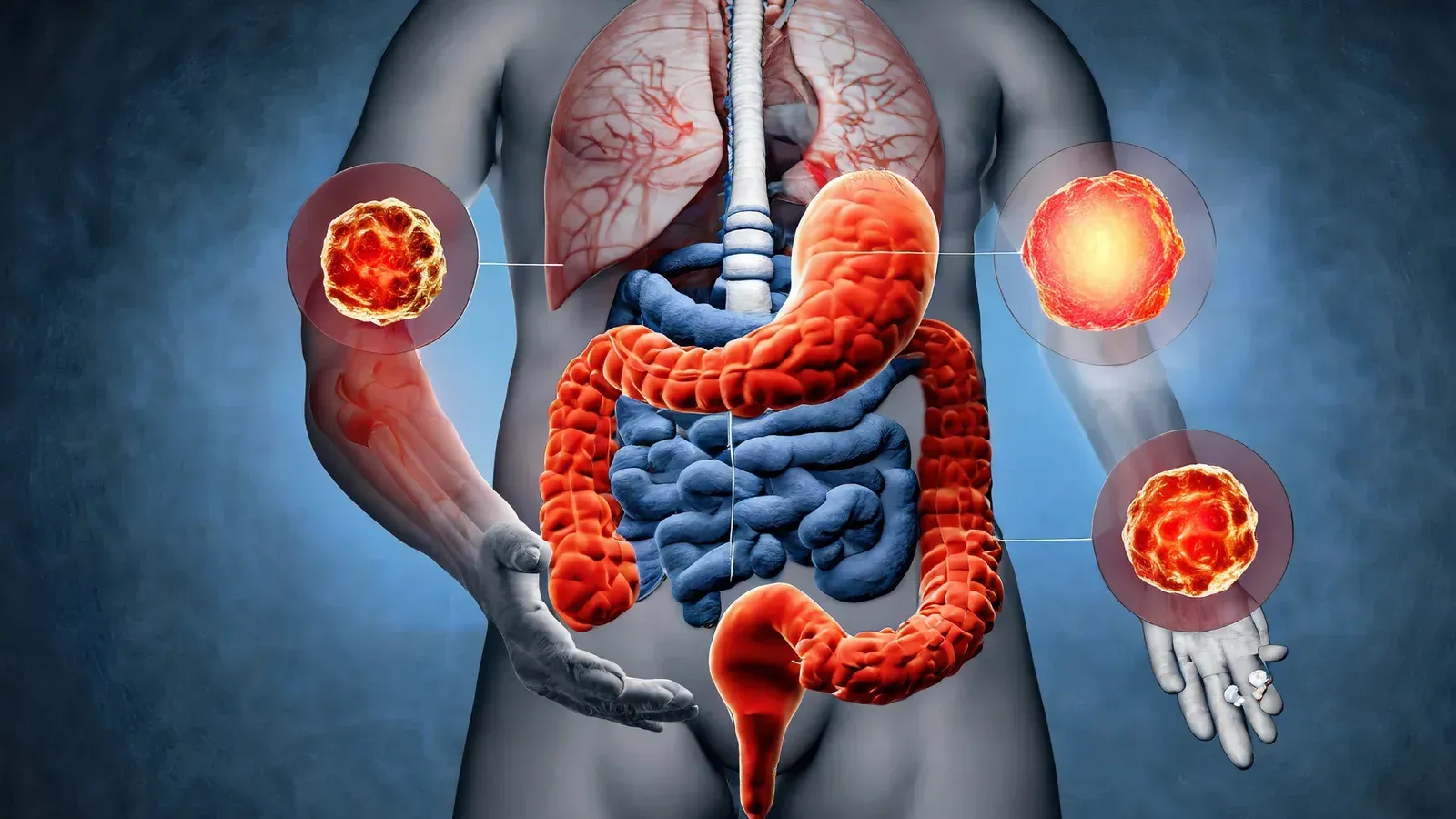Understanding the Diagnosis of Gastroparesis: Insights from Clinical Research
Gastroparesis is a digestive disorder characterized by delayed emptying of the stomach, leading to symptoms such as nausea, vomiting, and abdominal discomfort. In this article, we will delve into the diagnosis of gastroparesis, shedding light on the importance of clinical research in advancing our understanding of this condition. By exploring the diagnostic process and available treatments, individuals can better navigate the management of gastroparesis.
Unveiling the Symptoms of Gastroparesis:
Gastroparesis presents a range of symptoms, including early satiety, bloating, nausea, vomiting, and abdominal pain. Understanding these symptoms is crucial for timely diagnosis and effective management of gastroparesis.
Diagnostic Approaches for Gastroparesis:
Diagnosing gastroparesis involves a combination of medical history evaluation, physical examination, and diagnostic tests such as gastric emptying studies and upper endoscopy. These tests help healthcare providers assess stomach motility and identify delayed gastric emptying, aiding in the diagnosis of gastroparesis.
Role of Gastroenterology Clinical Research in Gastroparesis Diagnosis:
Gastroenterology clinical research plays a vital role in enhancing diagnostic techniques and treatment strategies for gastroparesis. By participating in clinical trials, researchers can explore new diagnostic tools, biomarkers, and therapeutic approaches to improve the accuracy and efficiency of diagnosing gastroparesis.
Treatment Options for Managing Gastroparesis Symptoms:
While there is no cure for gastroparesis, treatment aims to alleviate symptoms and improve quality of life. Medications, dietary modifications, and lifestyle changes are commonly used to manage gastroparesis symptoms, with more severe cases requiring advanced therapies like gastric electrical stimulation or botulinum toxin injections.
In conclusion, the diagnosis of gastroparesis requires a comprehensive evaluation of symptoms, diagnostic tests, and medical history. Through the integration of clinical research findings and advancements in diagnostic approaches, healthcare providers can offer tailored treatment plans to individuals with gastroparesis, improving symptom management and overall quality of life.









